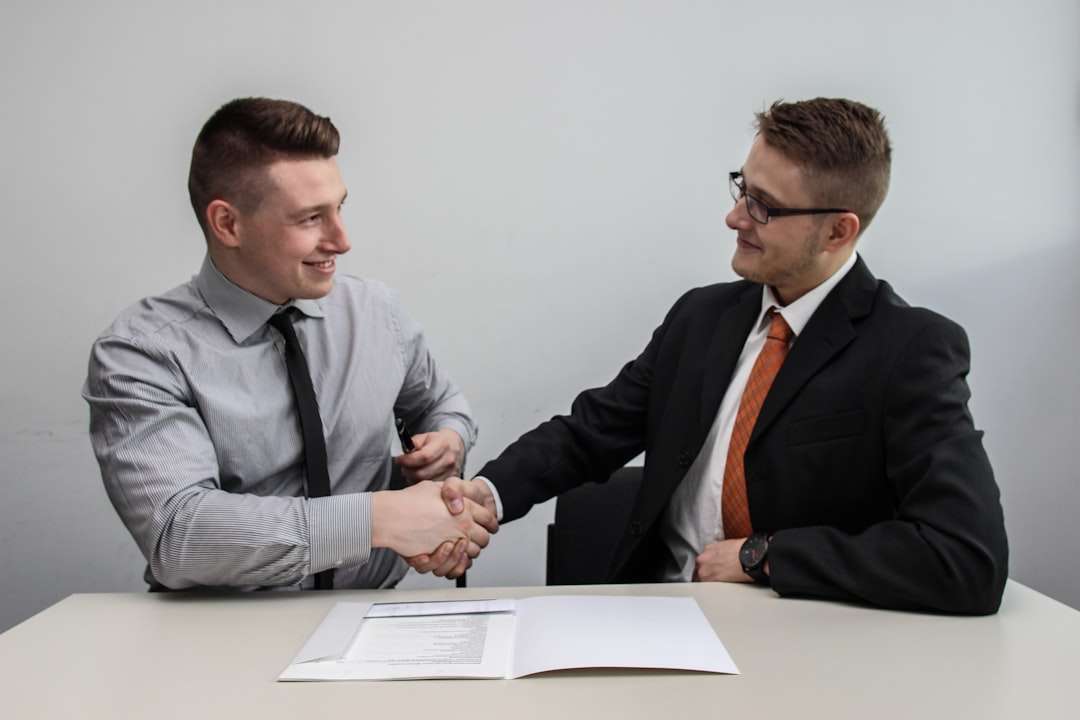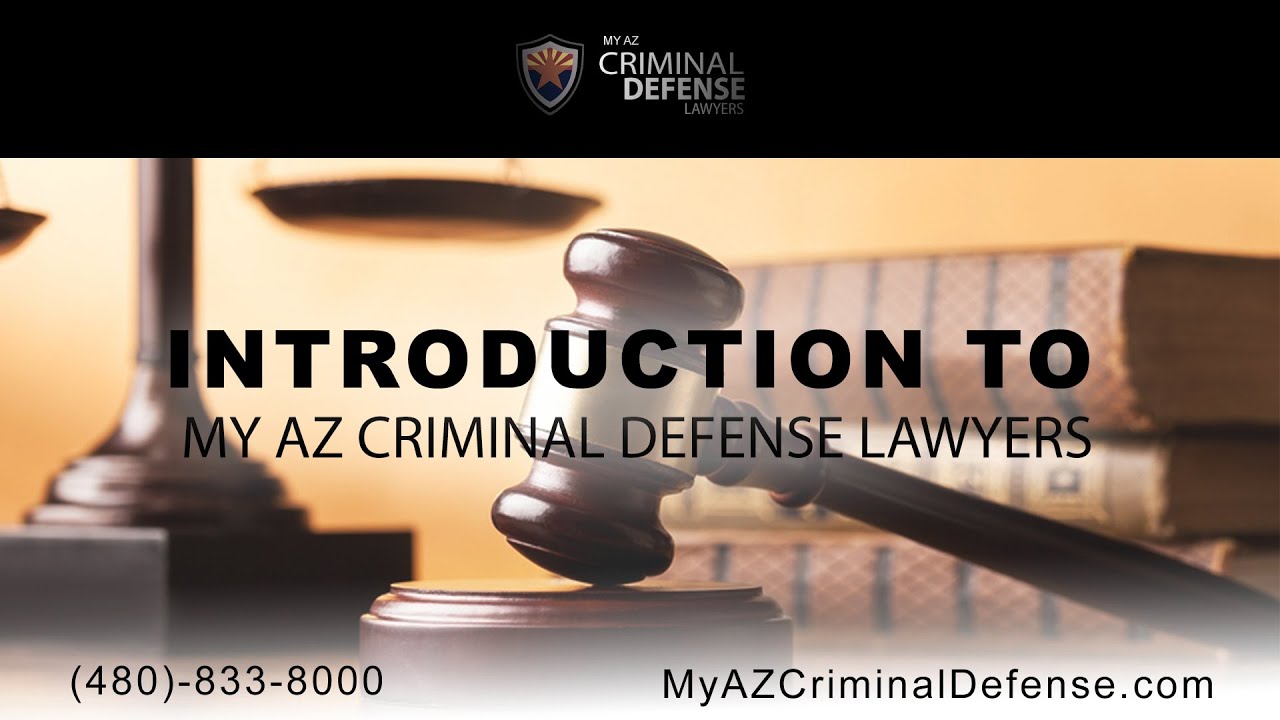.
Introduction
Buckle up – and not just because it’s the law. Accidents are unexpected events that can happen anytime and anywhere, including on the road while driving a car. Would you know what to do if you were in a car accident? Do you know the steps to take to stay safe, protect your legal rights, and get the compensation you deserve? Keep reading for everything you need to know about what to do after a car accident.
When the unexpected occurs, and you’re involved in a car accident, knowing the essential steps to take can safeguard your well-being, protect your legal standing, and ensure you receive fair compensation. While each accident is unique, understanding the general guidelines can empower you to respond effectively.
Remember, an ounce of prevention is worth a pound of cure. Practicing safe driving habits, adhering to traffic regulations, and maintaining a defensive mindset can significantly reduce your risk of being involved in an accident. Nevertheless, even the most cautious drivers can find themselves in unfortunate circumstances. In such situations, being prepared and knowing what to do can make all the difference.
Just like a first aid kit provides essential supplies for physical injuries, being equipped with the knowledge of what to do after a car accident is like having a legal first aid kit. It empowers you to respond appropriately, safeguarding your health, protecting your rights, and ensuring you get the support you need.
Steps to Take After a Car Accident
In the aftermath of a car accident, it’s understandable to feel shaken and disoriented. However, staying calm and taking the following steps can help you manage the situation effectively:
1. Stay calm and ensure safety:
After an accident, it is imperative to compose yourself and assess the situation. Firstly, ensure your safety and that of any passengers by checking for injuries and exiting the vehicle if it is unsafe to remain inside. Once you have established that everyone is okay or have received medical attention, proceed to step two.
2. Call for help and report the accident:
In the event of an accident, contacting emergency services is paramount. Whether there are injuries or not, it’s crucial to report the accident to the police. Their report will serve as an official record of the incident, providing valuable documentation for insurance purposes and potential legal proceedings. While waiting for the police to arrive, exchange information with the other driver(s) involved, including names, contact details, insurance information, and license numbers.
3. Document the scene:
Thorough documentation of the accident scene can strengthen your case later on. Take pictures of the damage to all vehicles involved, the surrounding area, and any visible injuries. If possible, obtain contact information from any witnesses who may have observed the accident. Their statements can provide valuable corroborating evidence.
4. Seek medical attention:
Even if you do not feel injured immediately after an accident, it’s essential to seek medical attention as soon as possible. Some injuries, such as whiplash, may not manifest symptoms right away. A medical examination will ensure that you receive proper care and documentation of any injuries sustained.
5. Contact your insurance company:
Promptly notify your insurance company about the accident. They will guide you through the claims process and provide you with the necessary support to recover your damages.
6. Consider legal advice:
In cases involving severe injuries, significant property damage, or disputes over liability, consulting with an attorney can be beneficial. An experienced attorney can protect your rights, negotiate with insurance companies, and represent you in court if necessary.
Car Accidents: An Overview
Car accidents, also known as motor vehicle collisions, are a major public safety concern, accounting for thousands of injuries and fatalities each year. These incidents can range in severity from minor fender benders to catastrophic crashes. Understanding the different types of car accidents can help drivers recognize potential hazards, adopt safe driving practices, and be prepared in the event of an accident.
Types of Car Accidents
Car accidents can be categorized into several types, each with its unique characteristics and risks. Some common types include:
- Rear-end collisions: These occur when a vehicle strikes the rear of another vehicle that is stopped or moving slowly. Rear-end collisions are often caused by distracted driving, following too closely, or sudden braking.
- Side-impact collisions: These occur when a vehicle strikes the side of another vehicle. Side-impact collisions can be particularly dangerous, as they often involve high-speed impacts and can result in significant injuries.
- Head-on collisions: These occur when two vehicles collide head-on. Head-on collisions are among the most severe types of car accidents, often resulting in serious injuries or fatalities. They are commonly caused by factors such as reckless driving, intoxication, or failing to stay in the correct lane.
- Rollover accidents: These occur when a vehicle rolls over onto its side or roof. Rollover accidents can be triggered by a variety of factors, including high-speed impacts, sudden braking, or uneven road conditions.
- T-bone accidents: These occur when one vehicle strikes the side of another vehicle at a right angle. T-bone accidents are often caused by drivers running red lights or stop signs.
Understanding the different types of car accidents can help drivers anticipate potential hazards and take steps to avoid them. By practicing safe driving habits, such as obeying traffic laws, staying alert, and minimizing distractions, drivers can significantly reduce their risk of being involved in an accident.
Car Accidents: An Unfortunate Reality
Driving is an essential part of modern life, but it also carries inherent risks. Car accidents are a sobering reality, leaving behind a trail of physical, emotional, and financial consequences. Whether it’s a fender bender or a catastrophic collision, no one is immune to the potential impact of a car accident.
Consequences of Car Accidents
The aftermath of a car accident can be devastating. The physical injuries range from minor cuts and bruises to debilitating fractures, spinal cord damage, and traumatic brain injuries. Such injuries can have lasting effects on victims’ health and well-being, requiring extensive medical care and rehabilitation.
In addition to bodily harm, car accidents often result in significant property damage. Vehicles can be totaled, repaired at great expense, or damaged beyond repair. Furthermore, accidents can damage infrastructure such as traffic signs, guardrails, and buildings, leading to traffic delays and additional expenses for repairs.
The legal ramifications of car accidents can be equally daunting. Drivers may face charges of negligence, reckless driving, or even criminal offenses. These charges can result in fines, imprisonment, and the suspension or revocation of licenses. Insurance companies often play a significant role in car accident cases, handling claims for medical expenses, property damage, and lost wages.
Psychological Trauma: The Hidden Scars
While physical injuries and property damage are often the most visible consequences of car accidents, the psychological trauma they inflict can be just as debilitating. Victims may experience anxiety, depression, post-traumatic stress disorder (PTSD), and other mental health issues. These conditions can lead to difficulties sleeping, concentrating, and engaging in everyday activities. The psychological scars of a car accident can last long after the physical wounds have healed.
Car accidents are a grim reminder of life’s fragility. They can shatter lives in an instant, leaving behind a web of physical, emotional, and financial consequences. It’s essential for drivers to be aware of the risks, drive responsibly, and take all necessary precautions to prevent these tragic events. If an accident does occur, it’s crucial to seek immediate medical attention, report the incident to the authorities, and contact insurance companies to initiate the claims process.
Aftermath of a Car Accident
Car accidents can be jarring, leaving victims dazed, disoriented, and unsure of what to do next. In the immediate aftermath of a collision, it’s important to stay calm and take the following steps:
- Check for injuries: Assess yourself and your passengers for injuries. If anyone is hurt, call 911 or seek medical attention immediately.
- Move to safety: If possible, move your vehicle to the side of the road to avoid further accidents. Turn on your hazard lights and stay inside your car until help arrives.
- Exchange information: Obtain the other driver’s contact information, insurance details, and license plate number. Take photos of the damage and any visible injuries.
- Report the accident: Notify the police and file a report. This is important for insurance purposes and legal documentation.
- Seek medical attention: Even if you don’t feel injured, it’s advisable to seek medical attention as some injuries may not manifest immediately.
Prevention of Car Accidents
Preventing car accidents requires a combination of defensive driving techniques, regular vehicle maintenance, and avoiding distractions. Here are some tips to help you stay safe on the road:
- Defensive driving: Practice defensive driving techniques such as scanning the road ahead, maintaining a safe following distance, and anticipating potential hazards.
- Vehicle maintenance: Ensure your vehicle is in good condition by performing regular maintenance, including tire inspections, brake checks, and fluid changes.
- Avoid distractions: Eliminate distractions while driving, such as using a cell phone, eating, or adjusting the radio.
Common Causes of Car Accidents
Car accidents can occur due to a variety of factors, including:
- Speeding
- Distracted driving
- Impaired driving
- Reckless driving
- Poor weather conditions
Liability and Insurance
Determining liability in a car accident is crucial for insurance purposes. Liability can be shared or fall solely on one driver, depending on the circumstances. Understanding your insurance coverage is essential to ensure you’re protected in case of an accident.
Emotional Impact of Car Accidents
Car accidents can have a significant emotional impact on victims, including:
- Shock and disbelief
- Fear and anxiety
- Guilt and shame
- Anger and frustration
- Post-traumatic stress disorder (PTSD)
Seeking professional help from a therapist or counselor can be beneficial in coping with the emotional aftermath of a car accident.
Responding to Car Accidents
In the midst of the chaos and confusion that follows a car accident, it’s essential to maintain composure, prioritize safety, and navigate the necessary steps with clarity. The aftermath of an accident presents a range of challenges, from the immediate shock and disorientation to the practical tasks that must be undertaken. This guide will provide a comprehensive overview of what to do in the event of a car accident, empowering you to respond effectively and protect your well-being.
Ensuring Your Safety
In the immediate aftermath of an accident, it’s imperative to ensure your safety and that of any other individuals involved. If possible, move your vehicle to the side of the road, turning on your hazard lights to alert other drivers. Check yourself and any passengers for injuries, and if anyone is hurt, call for emergency medical assistance immediately. It’s also crucial to be aware of any potential hazards in the area, such as oncoming traffic or downed power lines.
Exchanging Information
Once the immediate safety concerns have been addressed, it’s important to exchange information with the other driver(s) involved in the accident. This includes your name, contact information, insurance details, and license numbers. It’s also beneficial to take photos of the accident scene, including damage to vehicles and any visible injuries. This documentation will be valuable for insurance claims and potential legal proceedings.
Reporting the Accident
In most cases, it’s necessary to report the accident to the police. This is especially crucial if there are any injuries or significant property damage. The police will create an official report that will serve as a record of the incident and can be helpful for insurance purposes. It’s important to cooperate with the police and provide them with accurate and complete information.
Seeking Medical Attention
Even if you don’t feel injured immediately after an accident, it’s advisable to seek medical attention as soon as possible. Some injuries, such as whiplash, may not manifest until hours or days later. A doctor can evaluate your condition, identify any hidden injuries, and recommend appropriate treatment. Neglecting medical care can have serious consequences for your health and well-being.
Protecting Your Legal Rights
In the event of a car accident, it’s essential to protect your legal rights. If you believe the other driver was at fault, you may consider contacting an attorney to discuss your options. An attorney can help you file a claim with the other driver’s insurance company, negotiate a settlement, and represent you in court if necessary. It’s crucial to act promptly to preserve your rights and ensure that you receive fair compensation for your injuries and damages.




Leave a Reply